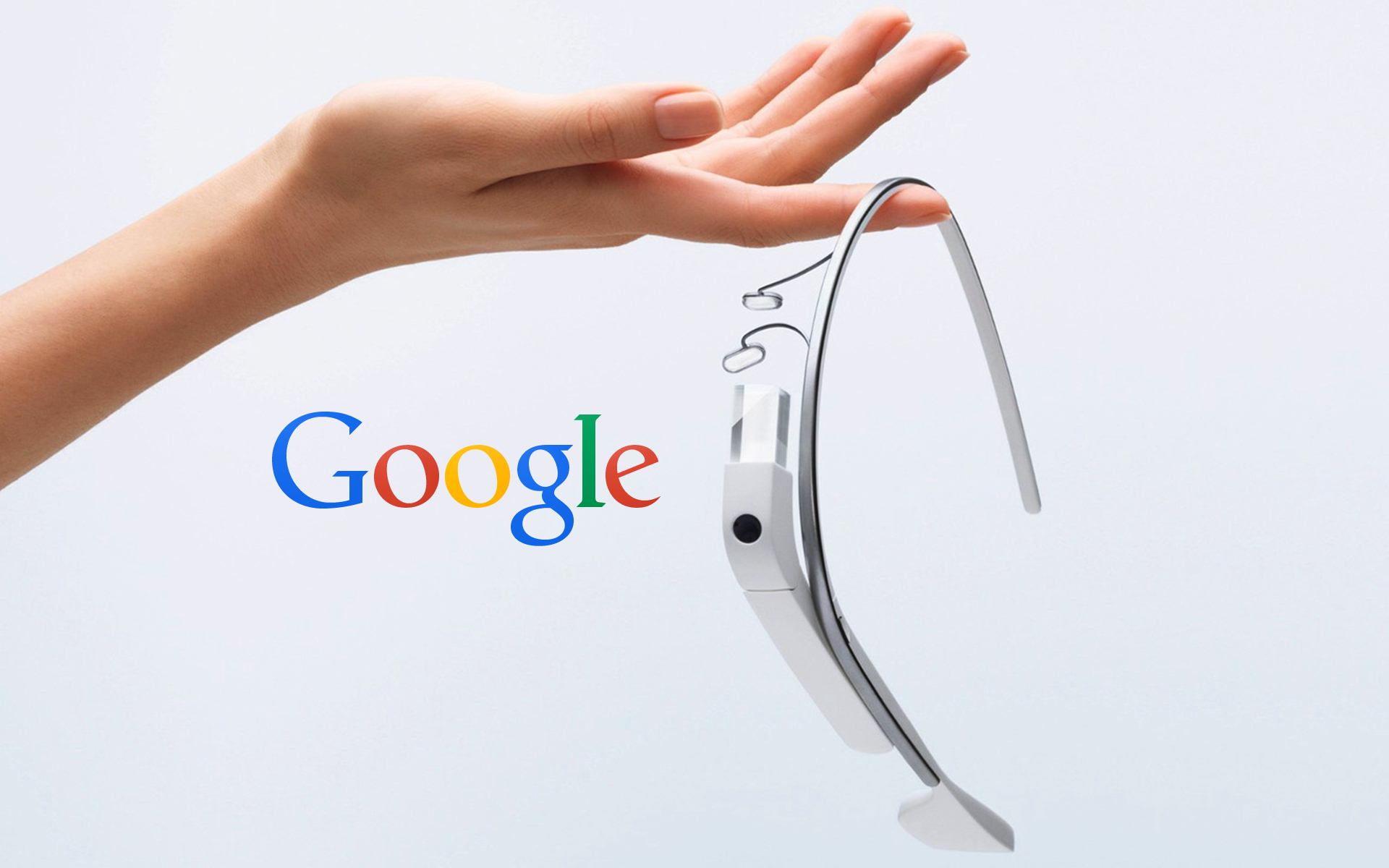Mere weeks after Google co-founder and Google Glass evangelist Sergey Brin attended a red carpet event not wearing his trademark eyewear, spurring rumors that the augmented-reality glasses were on their way out, reports have surfaced that Google has teamed up with Intel to develop the next version of the wearable device.

Since debuting two years ago, Google Glass has struggled to make any impact on the consumer market. This partnership with Intel signifies a shift to targeting the corporate marketplace with the eyewear. According to a recently released article in the Wall Street Journal , Intel will promote Glass to hospital networks, manufacturers, and other companies, as well as develop new workplace uses for the device.
Prior to this announcement, Google had made some headway in the corporate marketplace to date, lining up several partners developing enterprise apps in its Glass at Work program. These partners include APX Labs; Skylight, an enterprise software platform for Google Glass; Advanced Medical Applications; and Augmate, which creates custom solutions for supply chain, warehousing, logistics, distribution, and retail on Google Glass.
And while Intel will try to strengthen the impact of the wearable device within the industrial and enterprise markets, it is expected that Google will continue to attempt to attract consumers to Google Glass. At this time, Google has more than 300 employees working on Glass, and the majority of those employees are focused on the development of consumer applications.
Reportedly, this next generation of Glass will also tout a longer battery life. The battery life in the current version can last for up to one day. The Wall Street Journal indicated that “power conservation will be one of the main features of the Intel chip to be used in the next iteration of Google Glass.”
Ryan Martin, an analyst at 451 Research, recently stated, “If Intel were to get in bed with Glass … it could be a pretty big deal for both the companies involved and the ecosystem as a whole. There's no denying that Intel has been far from shy when it comes to executing strategic wearable tech investments. Intel will improve processing power, battery life and form factor constraints for Android-powered wearables.”
It is no secret that Intel has been trying to develop a stronger presence in the wearables technology space for some time. In fact, the world-renowned chipmaker revealed MICA (My Intelligent Communication Accessory) in September. MICA is a smart bracelet designed alongside Opening Ceremony to attract the fashion-conscious into desiring a wearable device that provides access to text messages, Yelp, Facebook, Google Calendar, and Gmail notifications. MICA is expected to be available within the month at select retail outlets for $495, and it will come with a two-year prepaid AT&T wireless contract.
That new iteration of Google Glass with an Intel chipset will reportedly be released next year. While the specific Intel processor that will be used in Glass has not yet been named, it is set to replace the Texas Instruments dual-core 4430 OMAP used in current versions of the wearable device.
Via TechNewsWorld and Tech Times
Advertisement
Learn more about Electronic Products Magazine





